On entering the Musée d’Orsay, you are confronted almost immediately with a sight that is familiar to anybody who plays video games, namely a textbook example of male gaze:
This is Femme piquée par un serpent, by Auguste Clésinger; because, of course, we all know that, when a woman is bitten by a snake, her immediate reaction is to contort her body in a way as to make herself look as stereotypically fuckable as possible. You can see the snake in this view of the statue, which also demonstrates another classic male gaze aspect of the statue, namely the way she twists her body so the viewer can simultaneously get a good view of one of her breasts and her ass. (And we all love the way the snake harkens back to the Garden of Eden mythos, where women are simultaneously patsies and the source of the fall of humanity!) Admittedly, it could be worse: the artist has a rather better grasp on female anatomy than many video game modelers, and I suppose one advantage of nudity in this context is that it makes various clothing fails impossible. Still: not awesome.
This is, fortunately, in stark contrast to the rest of the museum, which is one of my favorite places on the planet. Not a contrast because of the nudity—there’s that everywhere you look in the museum—but much of that nudity is rather more interesting, and for that matter rather more foreign to the video game experience. Lots of straightforward, less problematic nudes; lots of nudes that are more interesting, too. Or more confusing; I still don’t know how to analyze Courbet’s L’Origine du monde, for example:
At least it’s something I don’t get from video games, for better or for worse.
I have rather fewer misgivings about Manet, whose Olympia and Déjeuner sur l’herbe are two of my favorite paintings in the museum:
I’m not entirely comfortable with the politics of either of those paintings, but there’s a lot more going on there than in Clésinger’s statue. And while I’m not going to claim that male gaze considerations are absent here, in both examples the gazes that the women present are fascinating:
Which isn’t to say that I spent all my time in the museum looking at female nudes. Sticking with Manet, we have his portrait of Berthe Morisot au bouquet de violettes, and there are male nudes as well! (The one below being Antonin Mercié’s David.)
Though the most surprising nude of the day was this Académie d’homme âgé nu from a special exhibit of Akseli Gallen-Kallela’s work. (Or Axel Gallén, as he was known at the time that he painted this picture.)
Anyways: enough nudes, on to video games. The nudes, of course, remind me of character models in video games, and there are plenty of good non-nude character models in the museum: Corot’s La jeune femme à la robe rose, Amaury-Duval’s Madame de Loynes, Degas’s Petite danseuse de quatorze ans (also known as Grande danseuse habillée), Lucien Lévy-Dhurmer’s La Sorcière. (Certainly that last one would be very much at home in a video game!)
But games don’t just model people, they model buildings, they model spaces, they model everything that appears within them. Here are some models of buildings, both by Monet, namely his Gare Saint-Lazare and Rouen Cathedral:
In that last example, Monet shows the cathedral in various different lighting scenarios, and that sort of dynamic behavior is a very video-gamey thing to do. Some of the building models had an implicit dynamism of a different nature, however; my favorite example of that was Corot’s, Le moulin de Saint-Nicola-lez-Arras:
When looking at this picture, it’s impossible not to imagine yourself standing in the woods in the front, walking through them to the building in the back, walking still further to cross the bridge. This isn’t a static model in a video game, it’s a level that demands exploration. (And, of course, I’m doing this within the Musée d’Orsay, which is itself a space that demands exploration every bit as much as any video game I’ve ever played!)
So we’ve moved from models of people to models of buildings to locations to be explored. And, if we combine those, we get paintings with implicit narratives: Henri Regnault’s Exécution sans jugement sous les rois maures de Grenade (which, as a bonus, returns us to our video game theme of politically problematic positioning that we led off with, this time with Orientalism instead of male gaze!); Paul Huet’s Le gouffre, paysage; George Desvaillières’s L’Ascension du Poilu; Gustave Moreau’s Galatée. (Male gaze so strong that our lustful onlooker has three eyes! Male gaze was everywhere in this trip: even the Lion King posters in the subways were full of it.)
I’m sure Roger Travis will say it’s no coincidence that the paintings that I saw that gave me the strongest video game vibe were illustrations from epics: Adolphe William Bouguereau, Dante et Virgile aux Enfers and two Kalevala scenes from the aforementioned Akseli Gallen-Kallela exhibit, namely La Défense du Sampo and La Forgeage du Sampo. That last pair brings us closer to video games in another way: just as games are rarely about a single event, instead presenting a linked chain, here too we have linked scenes.
A couple of years ago, I took inspiration from musicals and proposed that narrative video games should present themselves as a sequence of set pieces that are as well-crafted as possible, with just enough connective tissue to let you go from set piece to set piece without being jarring. And my experiences in the Musée d’Orsay gave me a new perspective on that argument: each of those set pieces should have the unity and impact of a painting. There should be a vision, a scene, an interaction at the core of each set piece with the rest unfolding from it.
I’ve been playing Journey recently; it’s a beautiful game, a powerful game, and that power comes in large part from this focus. Imagine a sequence of paintings: your first jump after receiving the scarf, looking up at the broken bridge with a companion, investigating a ruin in a desert, surfing the sand together with your companion through a sequence of gates, going through a blue tunnel and trying to hide from the searchlight of an overhead terror, looking up at a tower to climb, huddling with your companion for warmth against the cold and wind, soaring gloriously through the sky. That’s what each level is, and each level does nothing more than what is necessary to bring life to those visions, ending just as you’re feeling satisfied with that experience. The levels never drag on; energy that might be devoted to extending the levels or connecting the levels more broadly is instead devoted to making each level more beautiful, to make each level speak to something surprisingly deep inside of you. (Not that they neglect the connective tissue between levels: as with the musical example, connection is necessary, and the tapestries do a beautiful job of that.) Scene after scene in that game emanates from a vision that would absolutely not be out of place in my favorite museum in the world.
The converse is not, however, true: there were several pictures in that museum that are showing me something that I’m not yet getting from video games. I’ll close with Millet’s Gleaners and Strindberg’s Vague VII, in hopes that one of these years I’ll encounter games that hit those parts of my soul.
Post Revisions:
- June 1, 2016 @ 20:12:29 [Current Revision] by David Carlton
- June 1, 2016 @ 20:12:29 by David Carlton
- July 19, 2013 @ 13:46:07 by David Carlton
- April 21, 2012 @ 17:21:44 by David Carlton
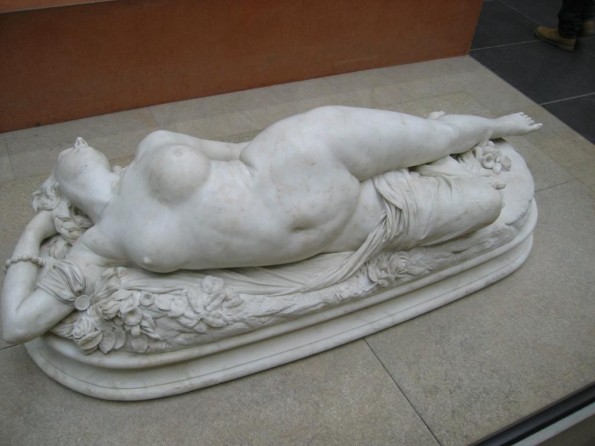

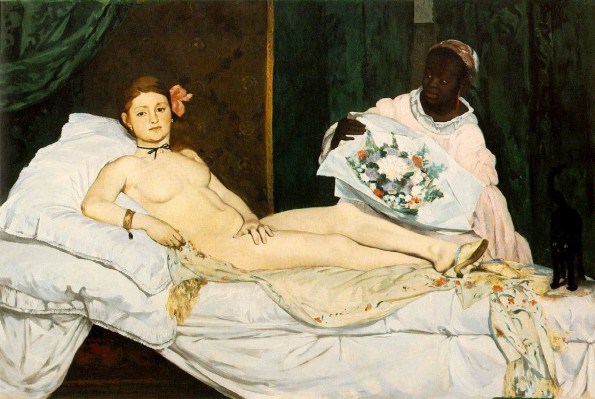
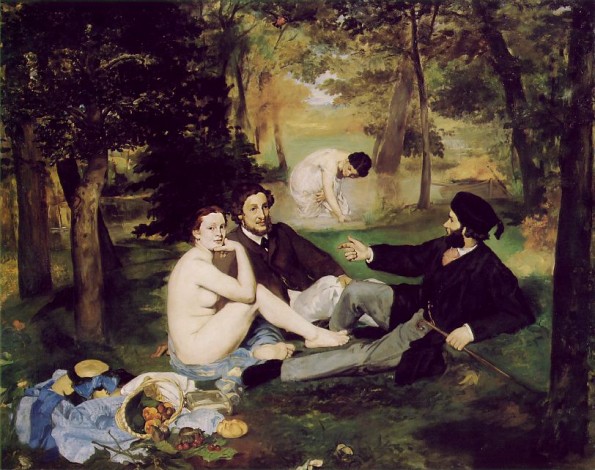

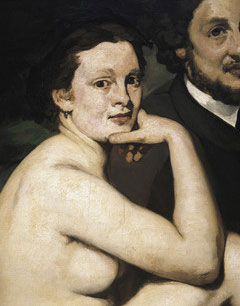
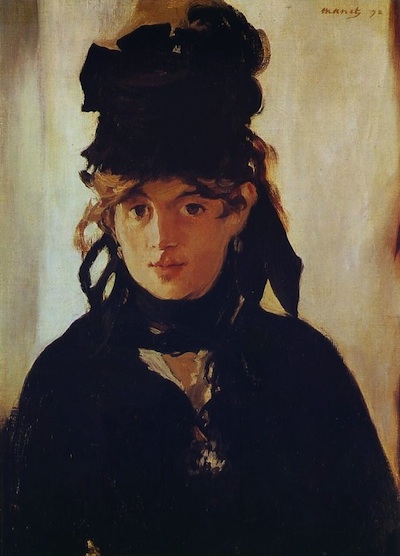
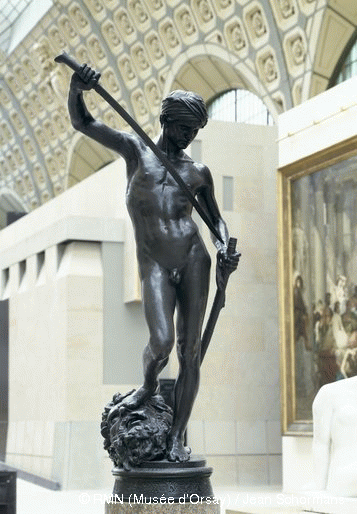
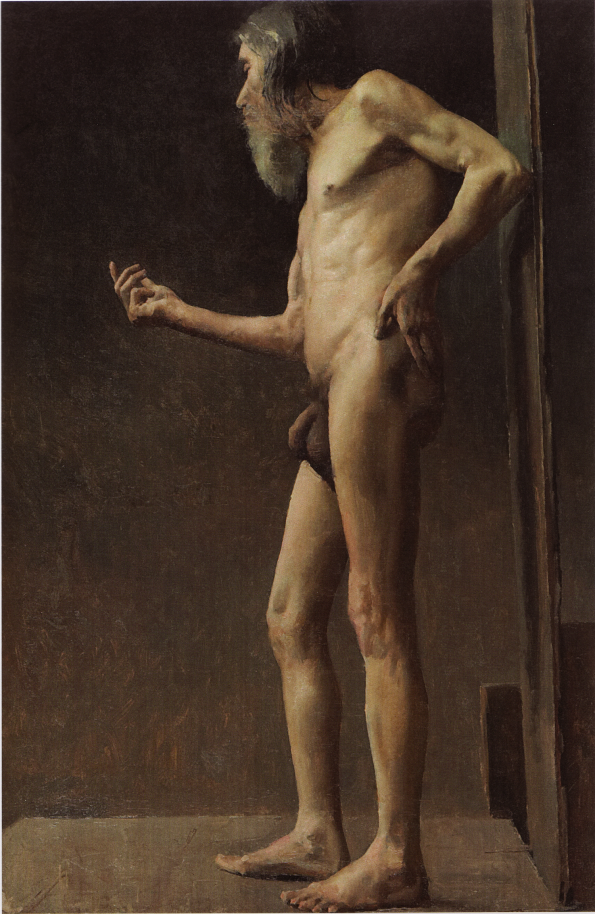
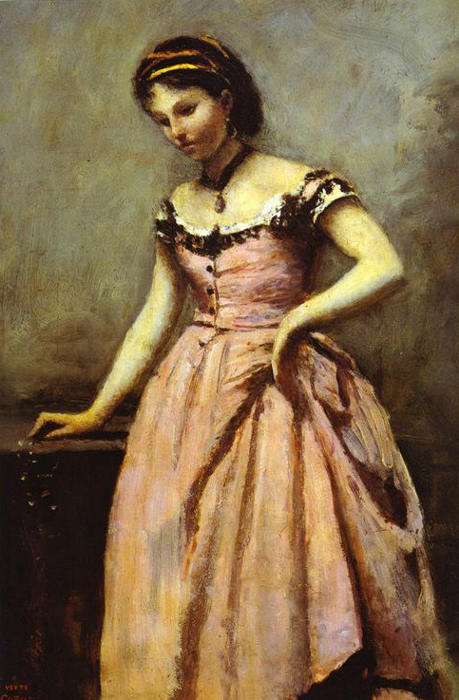
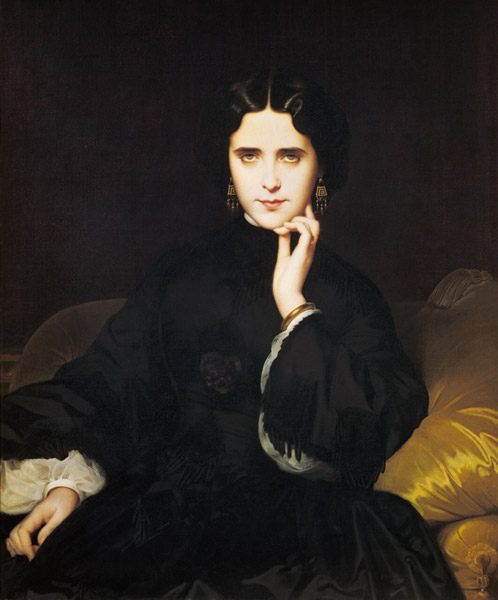
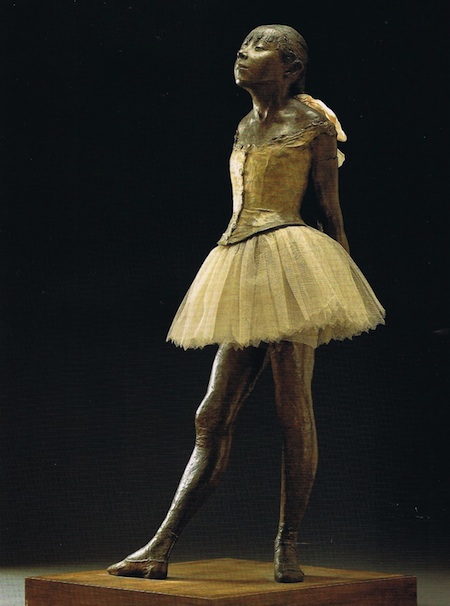
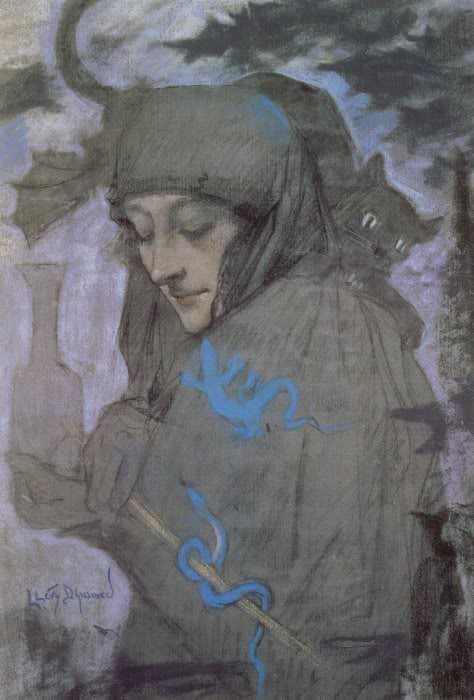
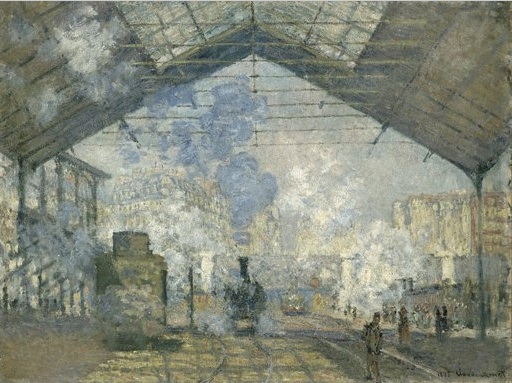
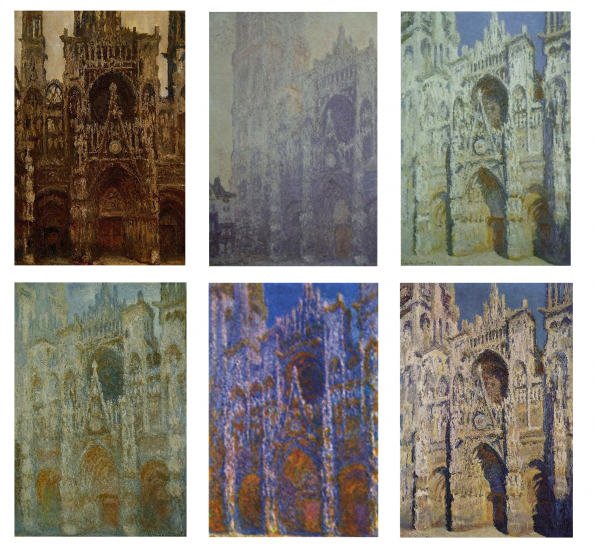
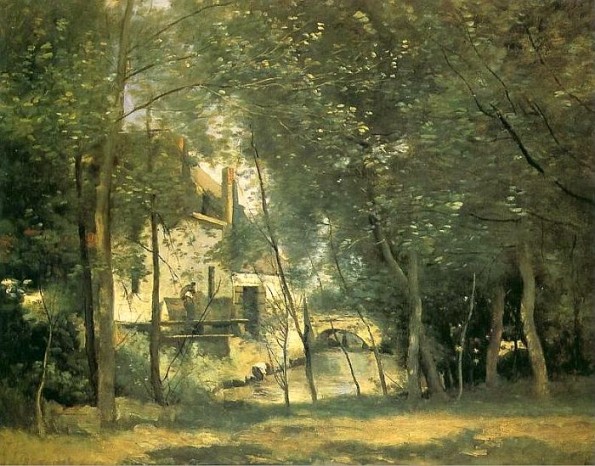
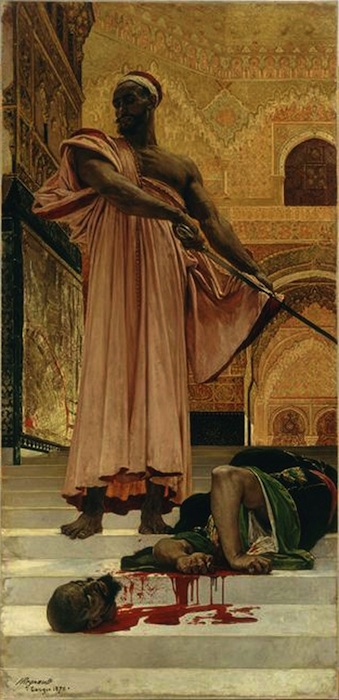
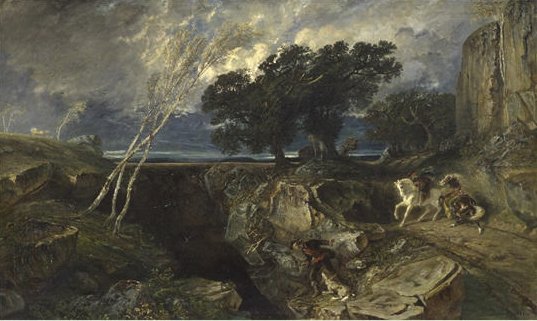
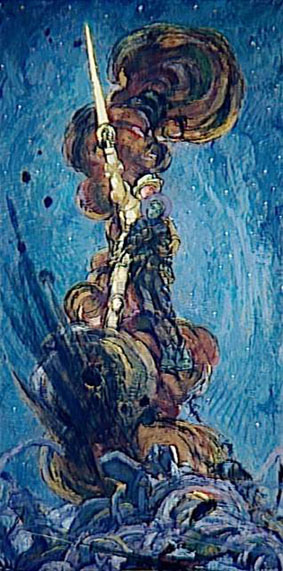
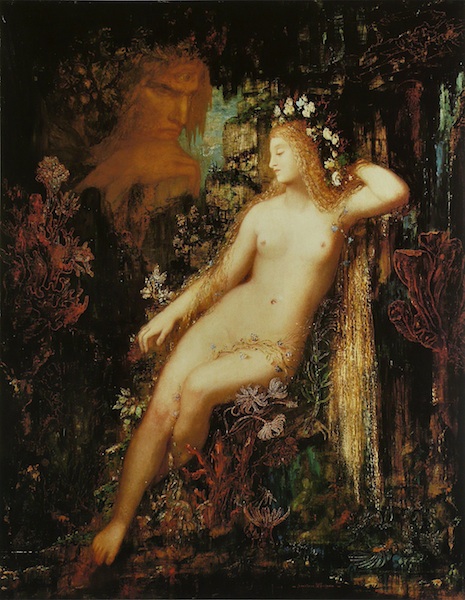
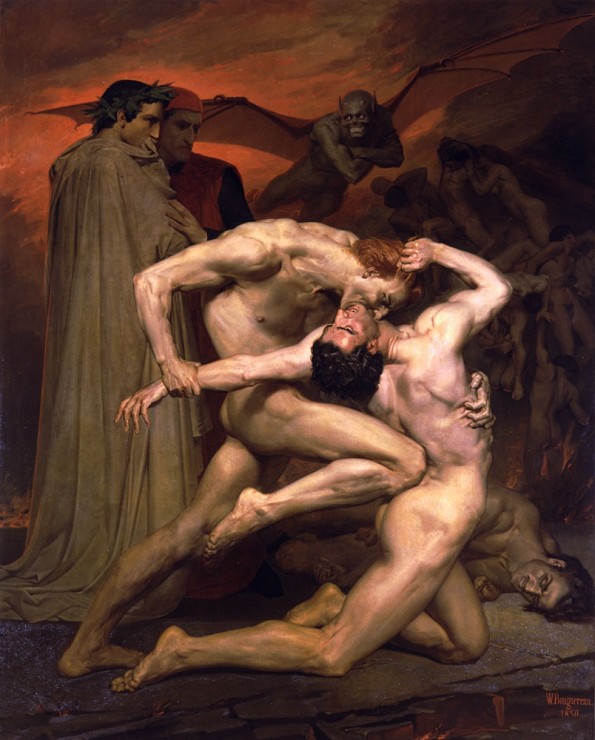
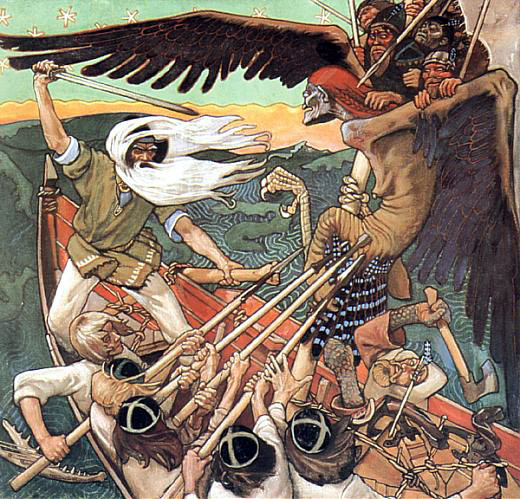
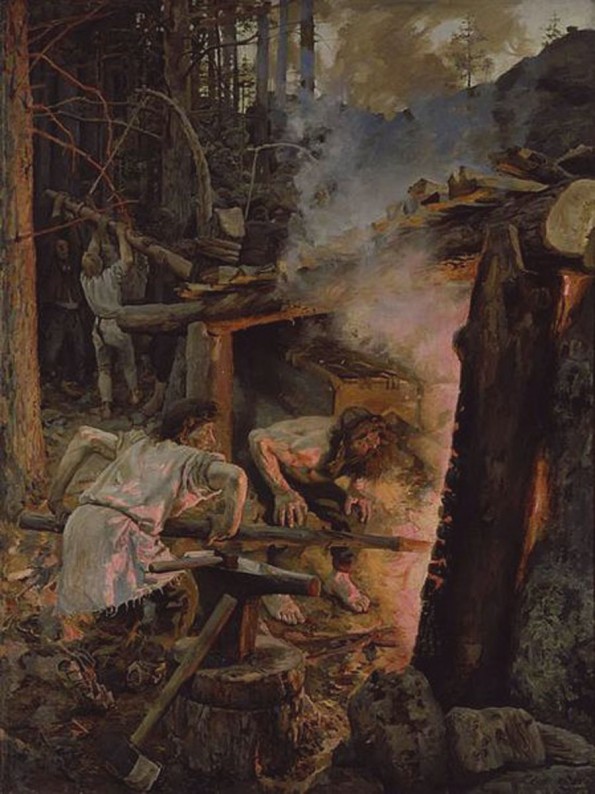
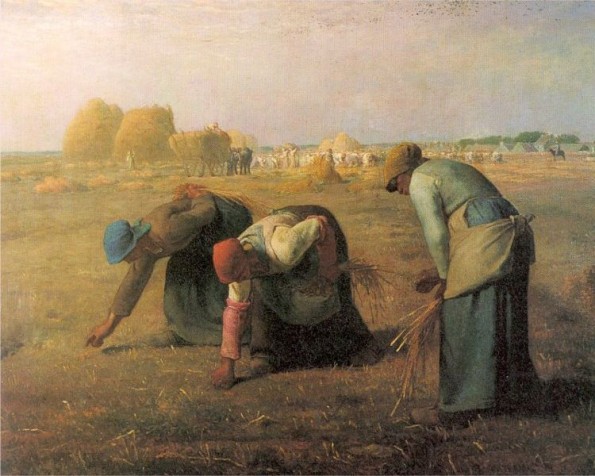
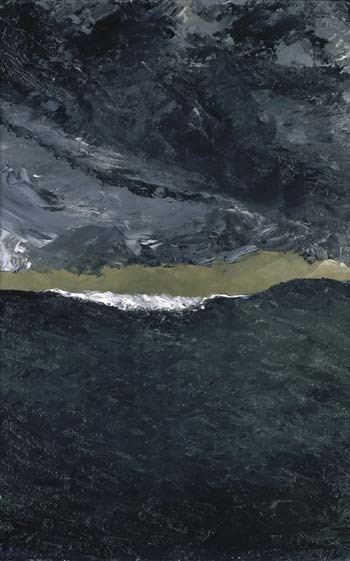

 Posts
Posts
[…] hard time getting around to writing my wrap-up post for the game. Most of this is because of my Orsay Games post: it said so much that I wanted to say about Journey that I wasn’t sure for a while if […]
6/12/2012 @ 9:23 pm